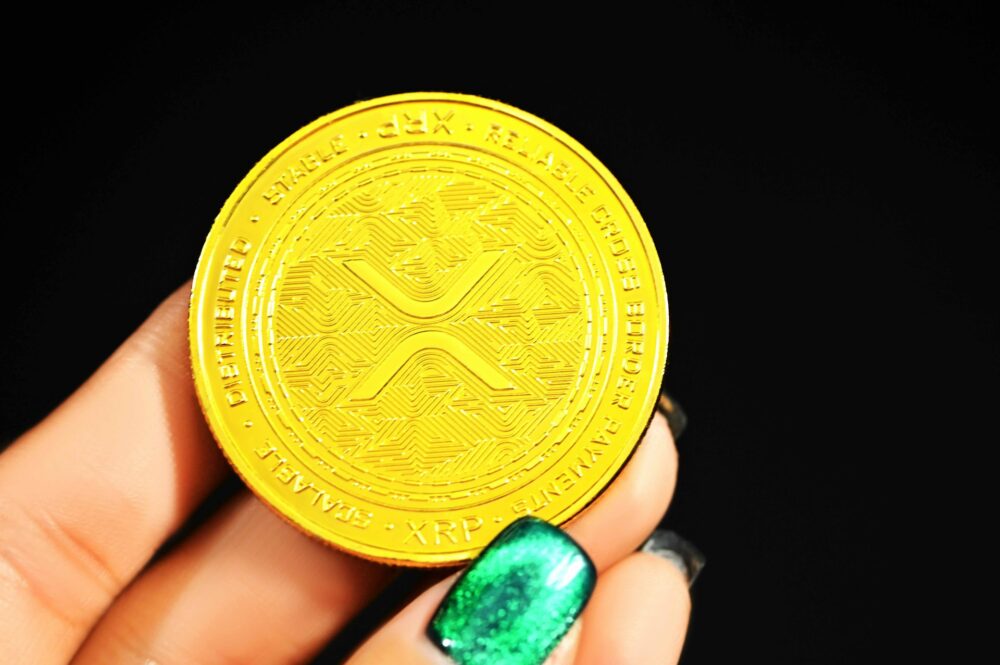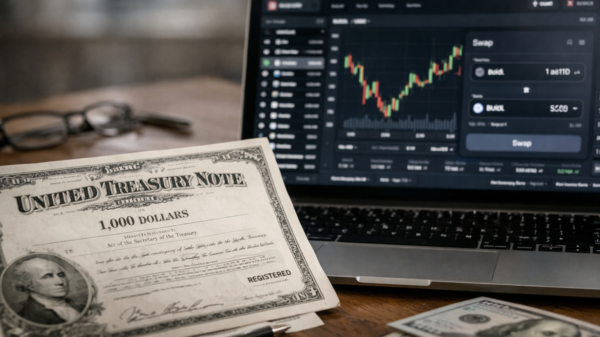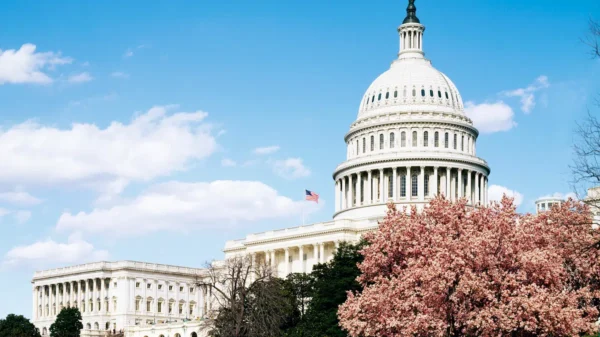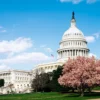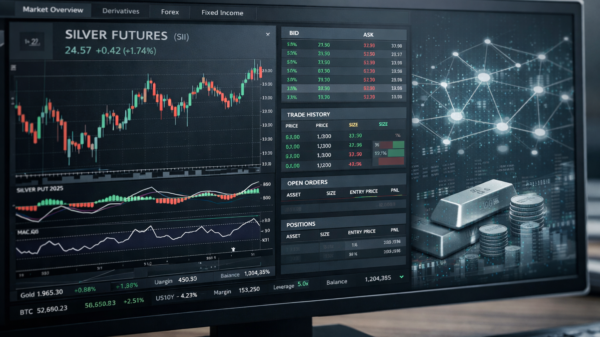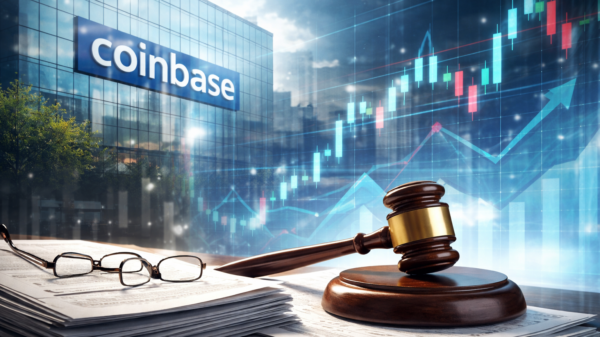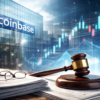The U.S. Securities and Exchange Commission (SEC) granted Ripple Labs a waiver that removes a disqualification provision linked to a prior injunction against the company.
Announced on Friday, the result means Ripple can now raise funds through private offerings under Regulation D. It also marks another significant win for the embattled cryptocurrency company in its ongoing regulatory dispute with the SEC.
The legal dispute began on December 22, 2020, when the SEC filed a complaint in the U.S. District Court for the Southern District of New York. The commission alleged that Ripple’s sale of XRP violated Section 5 of the Securities Act of 1933. Specifically, the SEC argued that Ripple conducted unregistered securities offerings through the sale of XRP tokens.
A final judgment was issued on August 7, 2024, permanently enjoining Ripple from further violations. Both Ripple and the SEC filed appeals, but the parties moved toward a settlement in May 2025. They fully withdrew their appeals last week as part of the settlement terms.
The settlement aimed to have the court dissolve the injunction against Ripple.
The SEC said that, considering the situation and its earlier decision to resolve the case in a way that would have cancelled the injunction against Ripple, which would have lifted Ripple’s disqualification from using Regulation D, it now believes there is a good reason to grant Ripple an exemption under Rule 506. This means the SEC will not block Ripple from using this exemption despite the injunction.
Read More: BitBridge Capital launches disruptive Bitcoin lending strategy
Read more: BitMine becomes world’s largest ETH treasury, surpasses $2.9B
XRP price surges after legal conclusion
Regulation D is a set of SEC rules that provide exemptions from normal registration requirements for specific private offerings. These exemptions help companies raise capital without the expense and delay of public offerings. It is particularly useful for smaller companies looking to access private investors efficiently.
The ruling drew immediate responses from the cryptocurrency community.
“Ripple had another win with the SEC immediately ordering an exemption from the Bad Actor disqualification arising from the permanent injunction,” said Bill Morgan, a prominent blockchain lawyer.
“Indirectly, another win for XRP.”
Following the legal conclusion, XRP’s market value has surged.
The regulatory clarity provided by this development has boosted institutional interest in XRP. More companies are now incorporating XRP into their treasury and payment strategies. This increased adoption signals growing confidence in the token’s regulatory status.
Additionally, the new waiver has intensified speculation about the launch of an XRP exchange-traded fund (ETF). Market participants see the potential ETF as a major catalyst that could further increase demand for XRP. Institutional investors typically favour ETFs as regulated investment vehicles, which could open the door for broader exposure to XRP.
In the past year, Ripple has actively pushed for XRP’s integration into traditional finance. The company has partnered with several banks and payment providers to facilitate cross-border payments using XRP’s blockchain technology. These partnerships aim to reduce transaction costs and improve settlement times, making XRP more attractive to financial institutions.
Furthermore, Ripple’s legal victories have helped quell regulatory uncertainties that have long plagued the cryptocurrency sector. Clarity around XRP’s status reduces risk for institutional investors who often avoid assets with unresolved legal questions.

